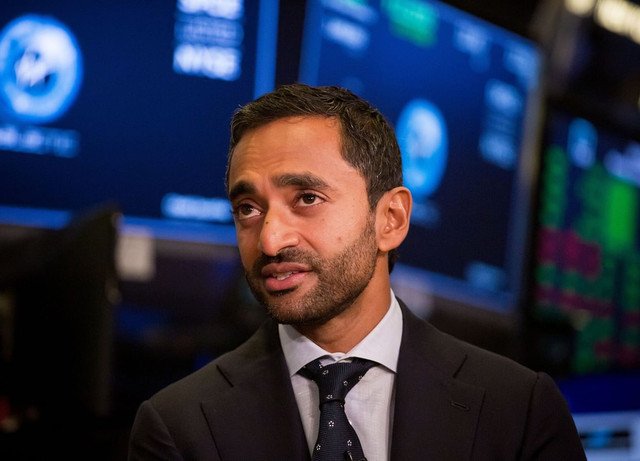SPAC’s taking a hit
For much of 2020 and the beginning of 2021, SPAC's were all the rage. Special Purpose Acquisiton Company (SPAC) is essentially a blank check company that raises money in order to bring a privately held company public. When the SPAC is formed they usually have to find a company to merge with and complete the merger within a set time period, usually 18-24 months. If the SPAC does not successfully merge, the money gets returned back to the shareholders of the stock.
Depening on when and where you purchase the SPAC stock, you may be able to purchase the 'Unit' version of the stock. There are typically three ways to purchase the SPAC - share, unit, and warrant. The share would convert to the new company once the merger is complete. The unit includes the share and a fraction of a warrant. Or you could purchase the warrant, which allows you to purchase the share of stock at a pre-determined price in the future, usually $11.50/share.
It is easier for companies to become public through a SPAC versus the typical Initial Public Offering (IPO) that people are more familiar with. SPAC's do have some risk associated with them. If the SPAC does not find an acquisition target, the price of the SPAC will fall close to the original listing price and the warrant could become worthless. It is usually the better route for investors to purchase the unit or the share rather than speculating with the warrant.
Some notable SPAC's that have gone public include:
- VTIQ --> NKLA (Nikola Motors)
- IPOA --> SPCE (Virgin Galactic)
- IPOB --> OPEN (Opendoor)
- IPOC --> CLOV (Clover Health)
- DEAC --> DKNG (DraftKings)
SPAC's have cooled off significantly the last few months and have significantly underperformed the market. It will be interesting to see if this trend continues or if there is some solid value in them.
Time will tell. It always does.
This is not investment advice. :D
